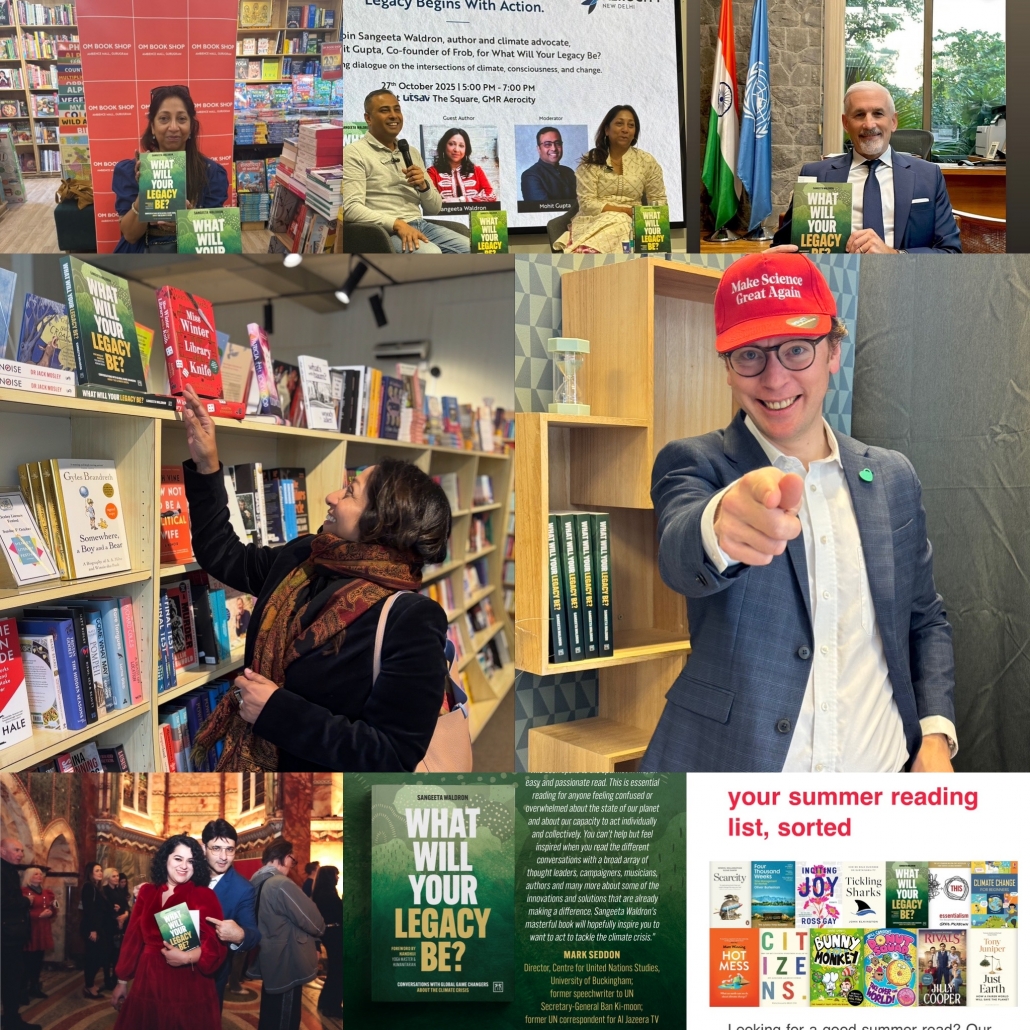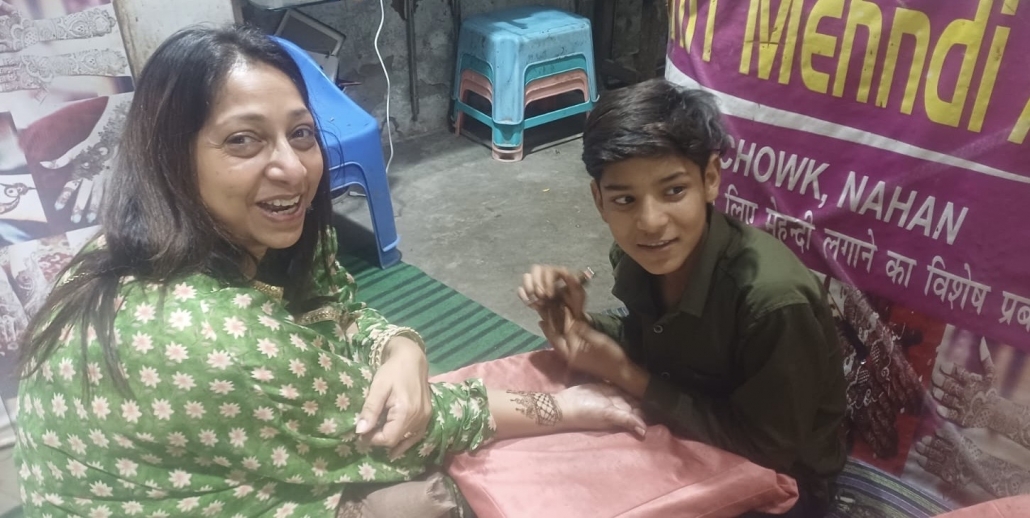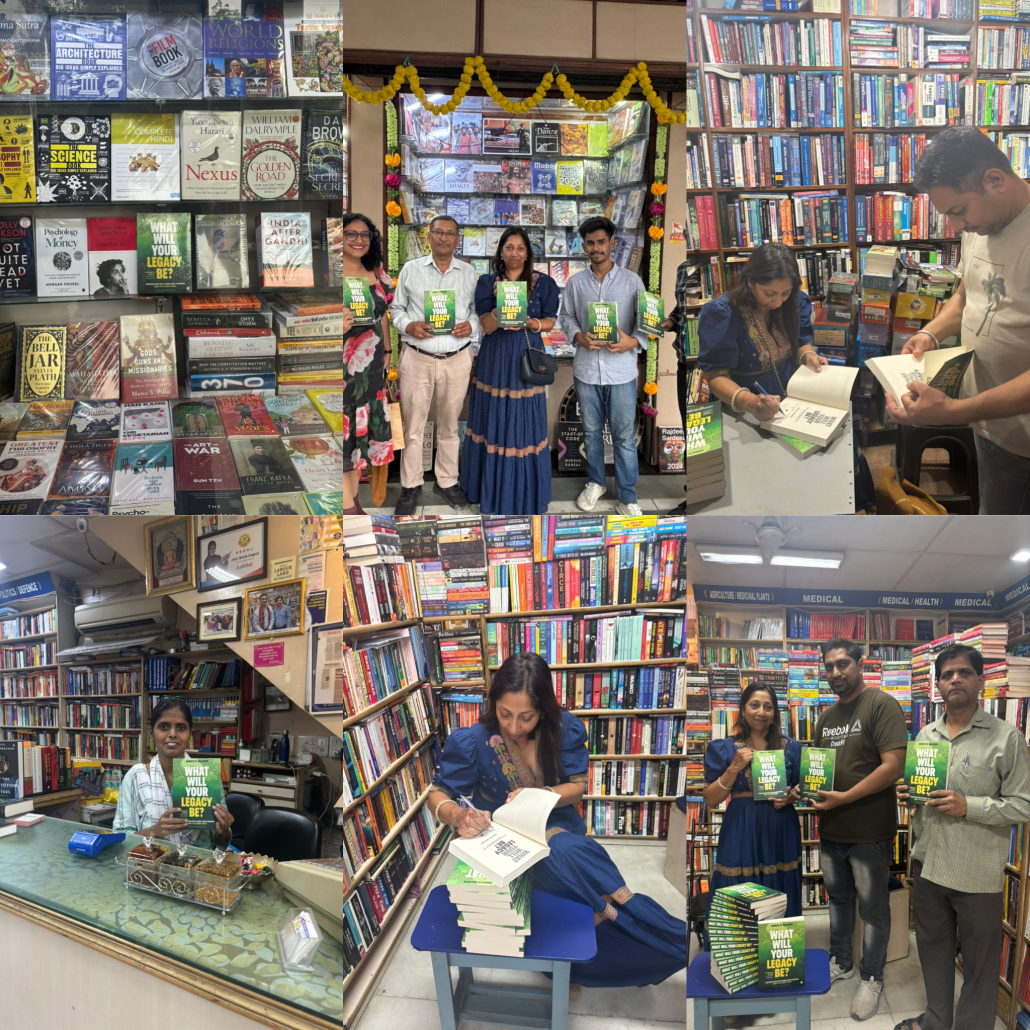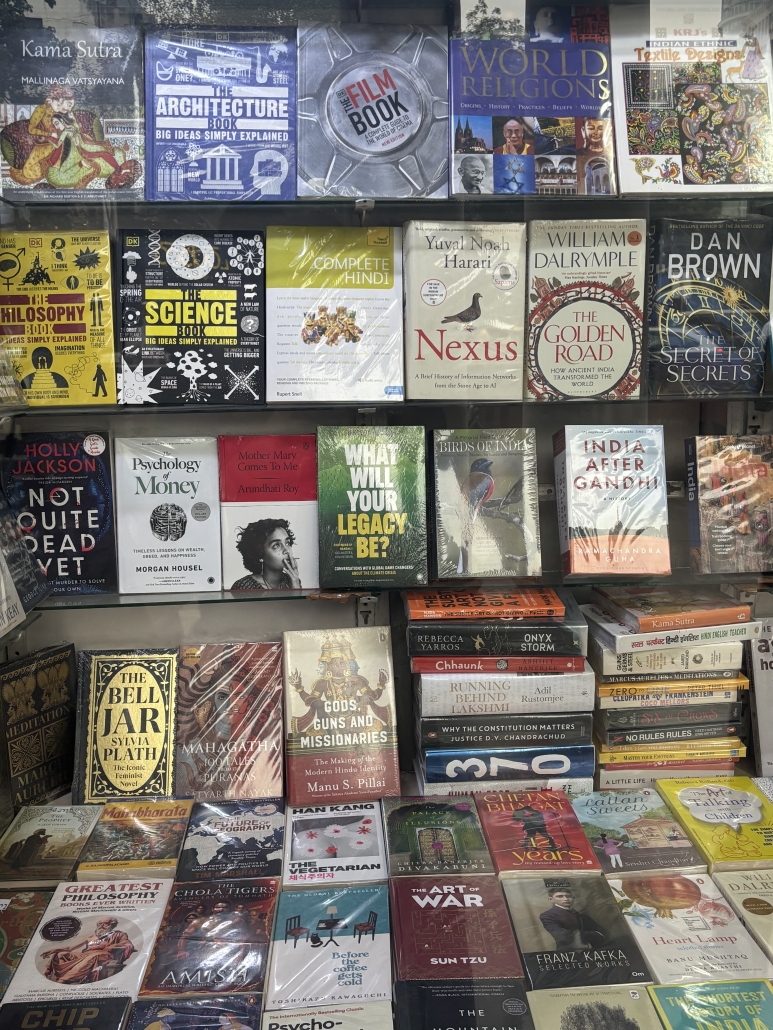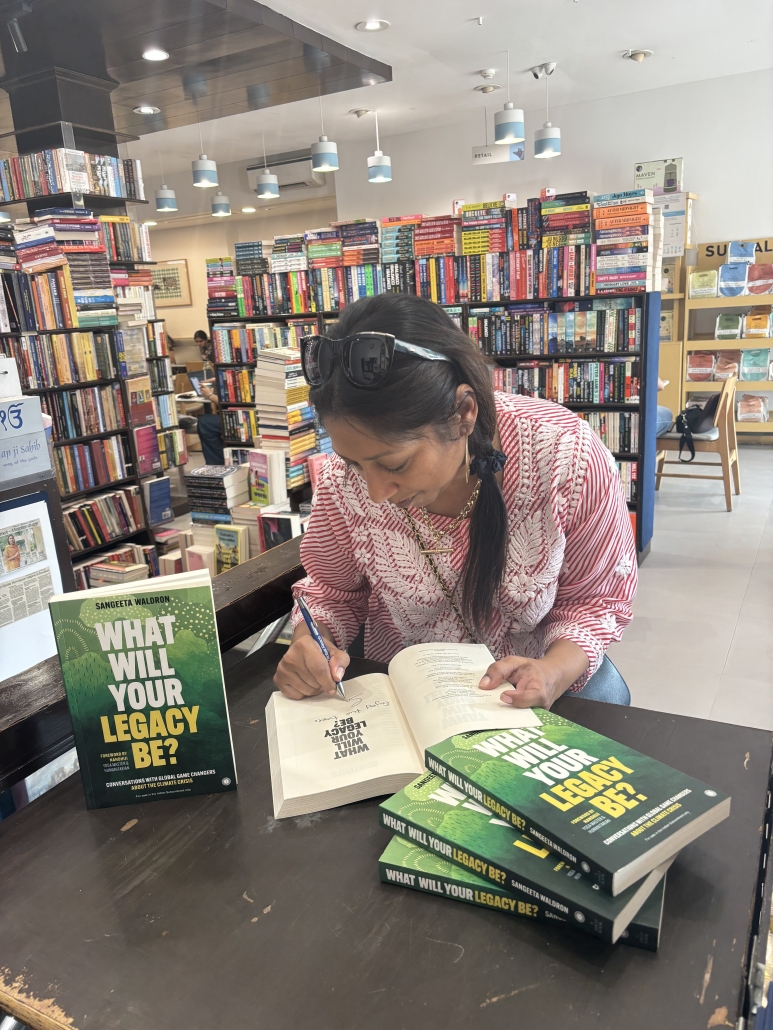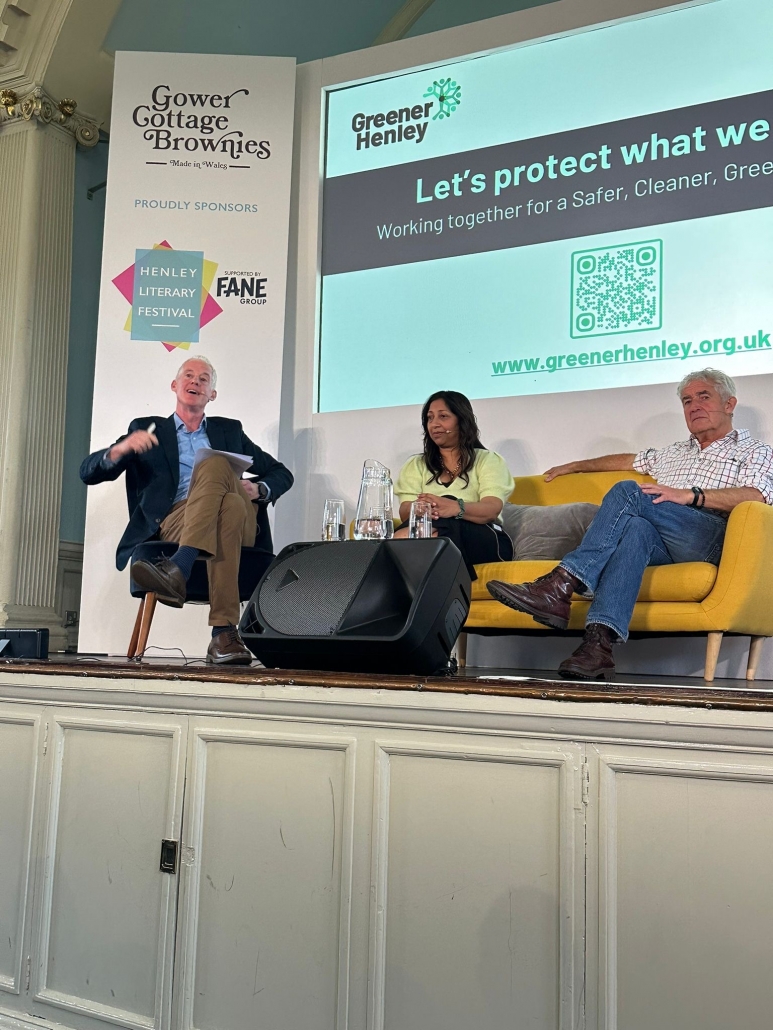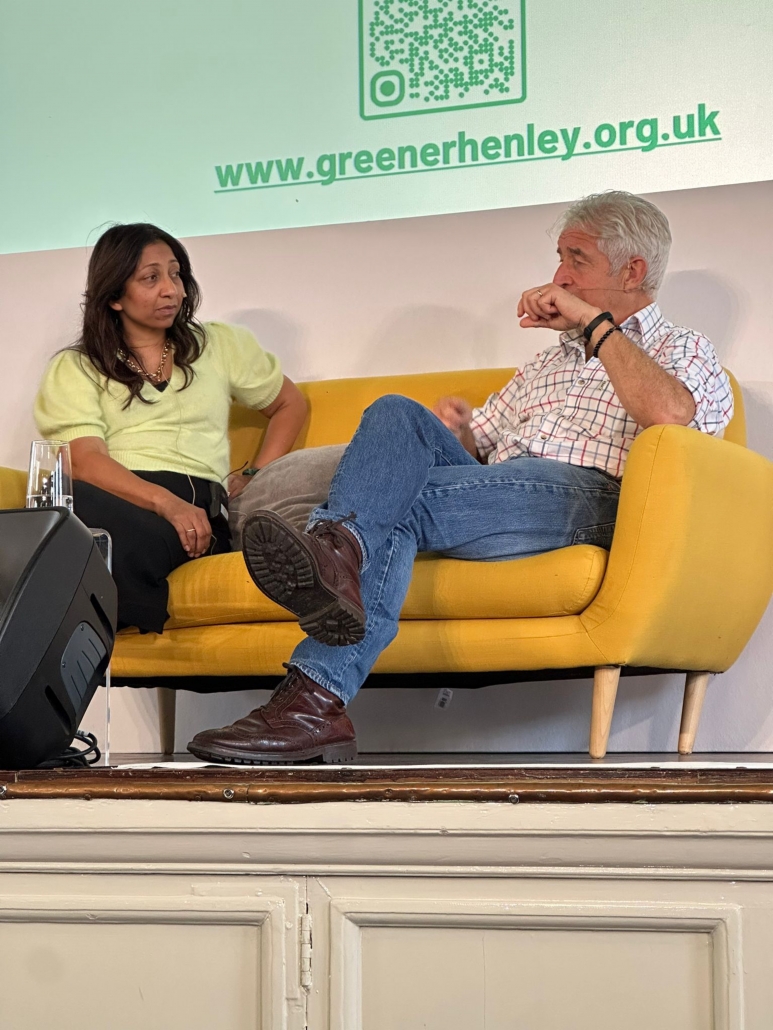In light of COP27 happening this week, this photo above is striking and shows the newspaper front page stories in October 2022 with links to climate change and climate risks, from the Media and Climate Observatory (MECCO) Monthly Summaries. The work of MECCO is to monitor media coverage of themes associated with climate change and global warming, as there are no comparable monitoring services for news coverage of climate change or global warming.
MECCO reports that October media coverage of climate change or global warming in newspapers around the globe dipped five percent from September 2022 and 37 percent from September 2021 levels. MECCO’s analysis also shows that coverage in international wire services decreased 15 percent, as radio coverage rose 21 percent from September 2022. Compared to the previous month, coverage decreased in the European Union (EU) (-4%), Asia (-6%), Oceania (-6%), the Middle East (-7%) and North America (-11%).
What is apparent from this data, is that when it comes to news about this topic, media outlets often struggle to gain audience attention. The climate crisis story can seem intractable, depressing, and often difficult to understand. It is also frequently politicised, with audiences polarised on the topic.
However, the following data from MECCO is insightful, showing coverage was up from the previous month in Africa (+14%), and Latin America (+19%), revealing that interest in climate change news is highest in these regions, and this is probably because the countries here have witnessed extreme weather events linked to the climate crisis. Where Chile continues to suffer from severe drought, which has made climate change ‘easy to see’, while this year every part of the African continent was affected by extreme weather events, ranging from wildfires in Algeria to catastrophic flooding in South Africa. It may be that audiences are more interested in news about the topic when they are not so polarised and can clearly see the negative effects of extreme weather where they live.
This data clearly shows that while the climate crisis is one of the biggest challenges for humanity right now, it is not always front-page news. Audiences appear to be more interested in and pay more attention to climate change news in places where the negative effects are felt more acutely. But it is too late if audiences only pay attention once disasters have already struck!
The challenge is how newsrooms continue to cover the issue in a way that draws attention to the causes and decisions that lead to disasters, not just the disasters themselves.
Are there other ways journalists can take to make climate change stories feel more relevant? Perhaps environmental documentaries are the way forward, which have wide appeal and provide clear and engaging stories. Afterall, we are the ‘age of the visual’, with video becoming increasing popular on social media. These visual narratives help audiences connect with what is a very large and sometimes abstract story – while not necessarily being ‘political’. A good example of this is the BBC’s very successful Blue Planet series with Sir David Attenborough and according to the Sunday Times, so many Chinese viewers downloaded Blue Planet II “that it temporarily slowed down the country’s internet”.
As a public relations professional, who knows only too well about the power of storytelling, I believe it all comes down to this…there is always room for better storytelling about the climate crisis.
